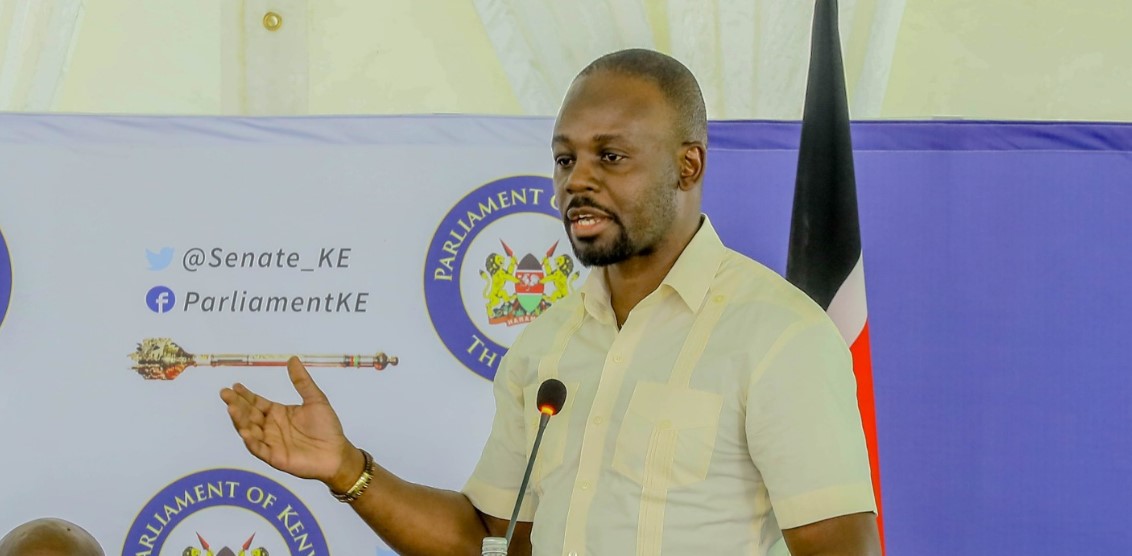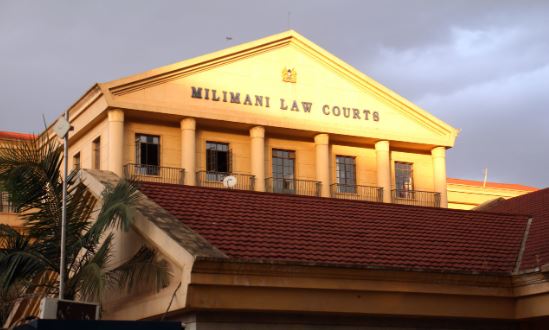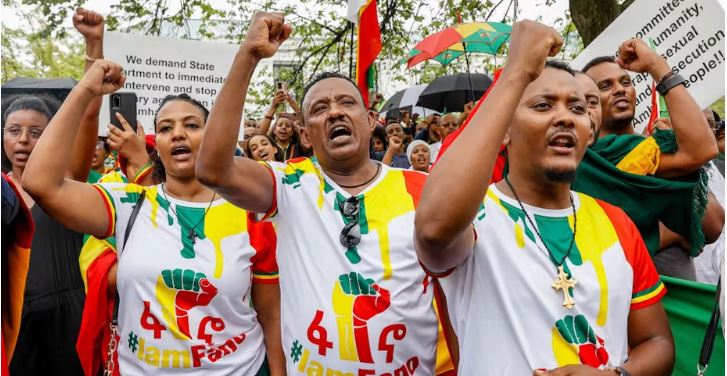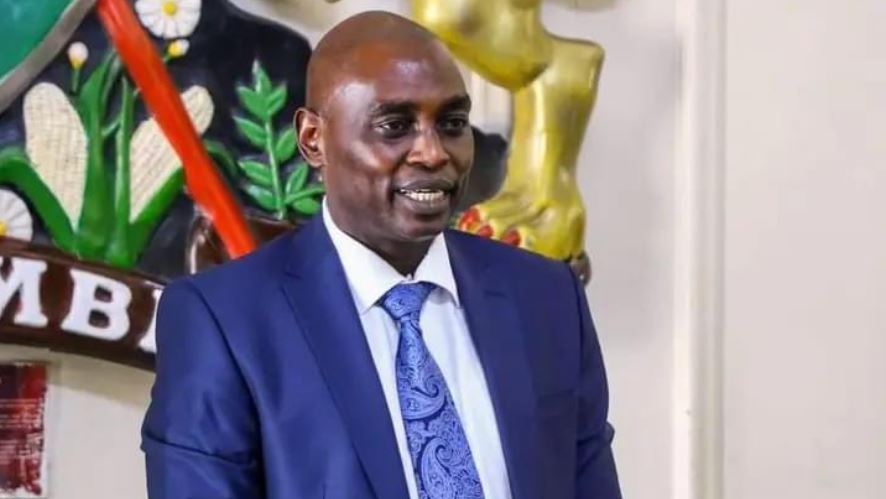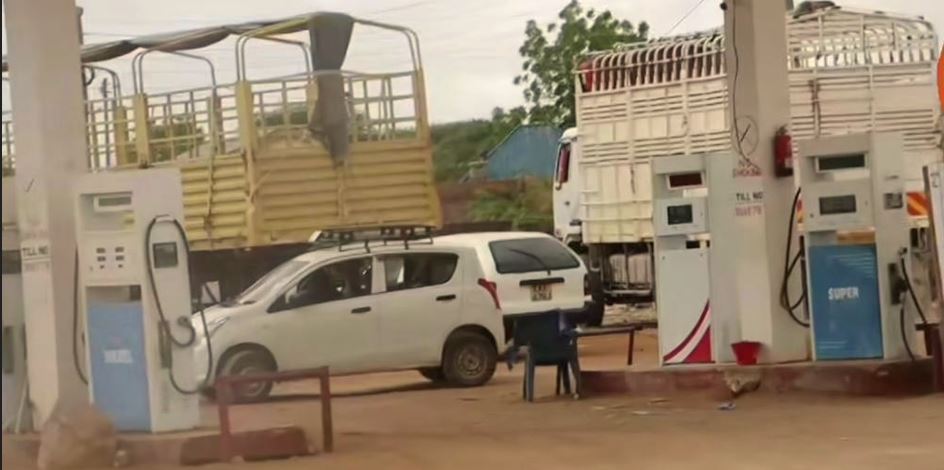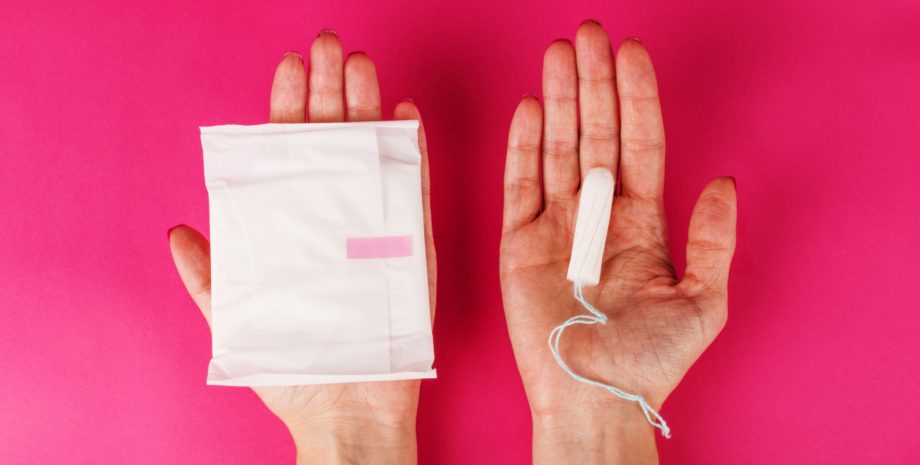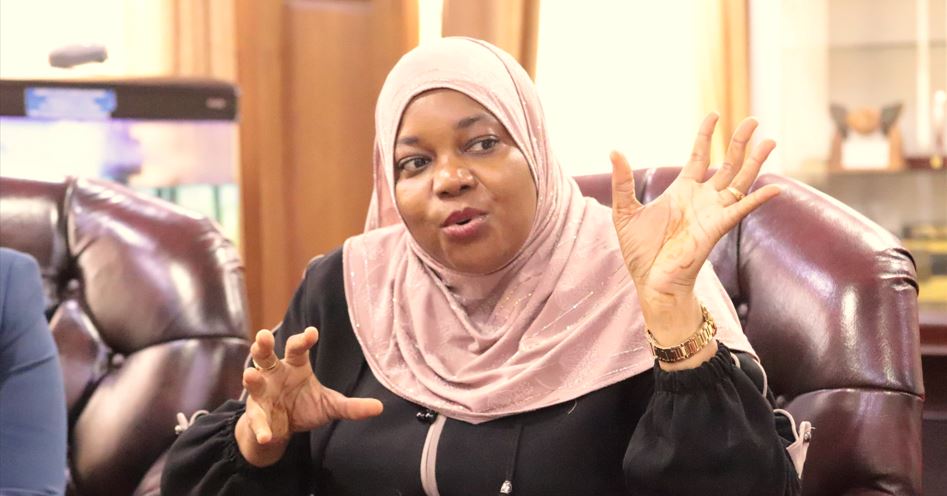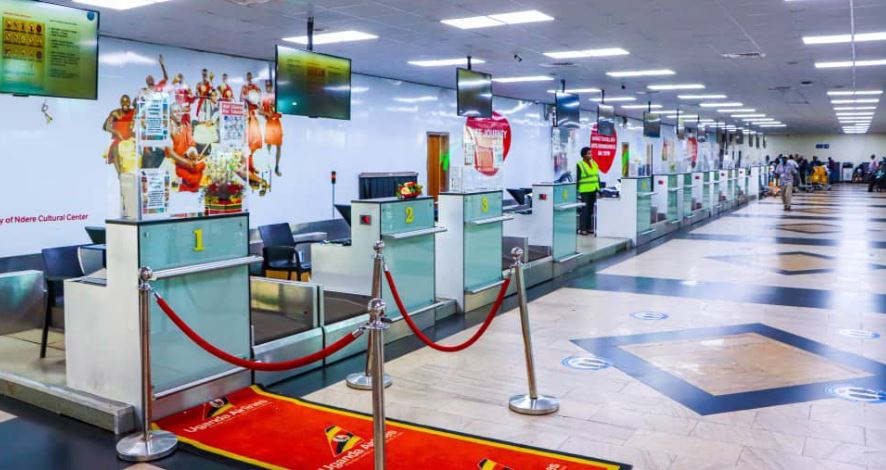How youth in Wajir, Garissa are being empowered through entrepreneurship in fight against radicalisation
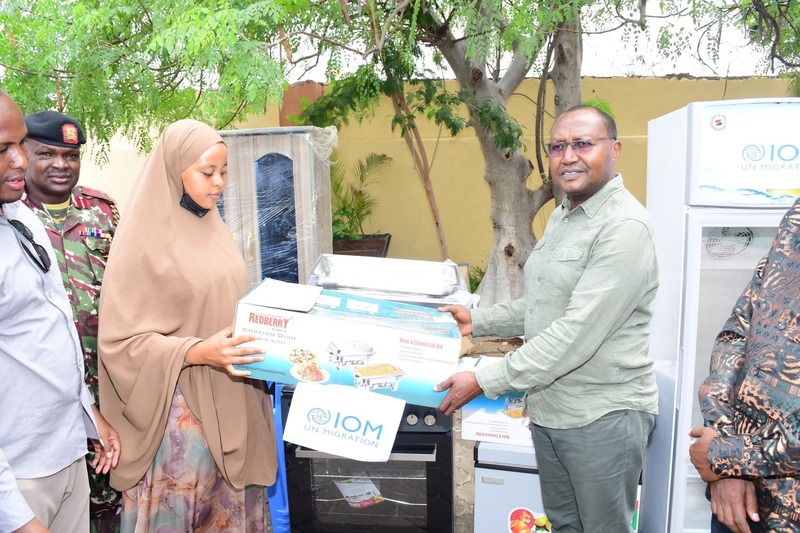
According to Wajir County Commissioner Karuko Gumo, the project will have a positive impact on improving security in the region. He noted that terror groups exploit local youth due to their poverty.
More To Read
It is a journey towards self-reliance and economic empowerment for Mohamed Abdullahi, a 30-year-old employee at a barbershop in Wajir town, after receiving a start-up kit to establish his own business.
Mohamed is among over 100 vulnerable youth in Garissa and Wajir counties who have been empowered by the government and donor partners to prevent youth recruitment into violent extremism.
A look of excitement filled his face on Friday as he received the business kit from officials of the National Counter Terrorism Centre (NCTC) and the International Organisation for Migration (IOM). The start-up kits were distributed to support vulnerable border communities in Wajir and Garissa, strengthening their resilience against violent extremism. The programme is funded by the government of Japan.
"It is a dream come true. I will now have my own barbershop, which will create job opportunities for other vulnerable youth in Wajir town," he said.
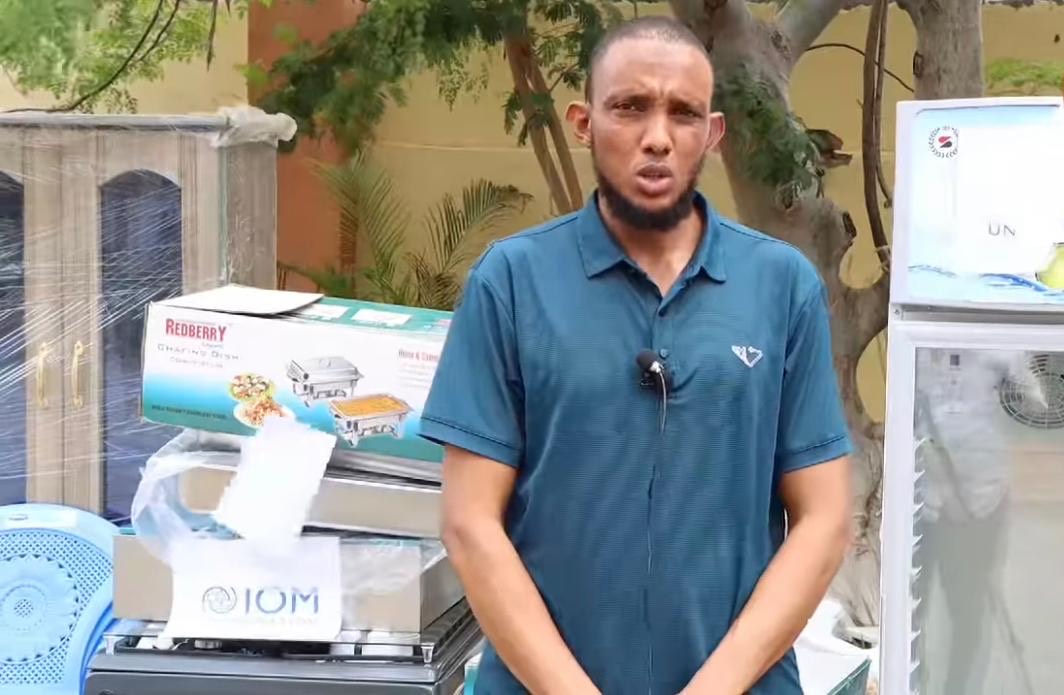 Mohamed Abdullah received equipment for his barbershop. (Issa Hussein)
Mohamed Abdullah received equipment for his barbershop. (Issa Hussein)
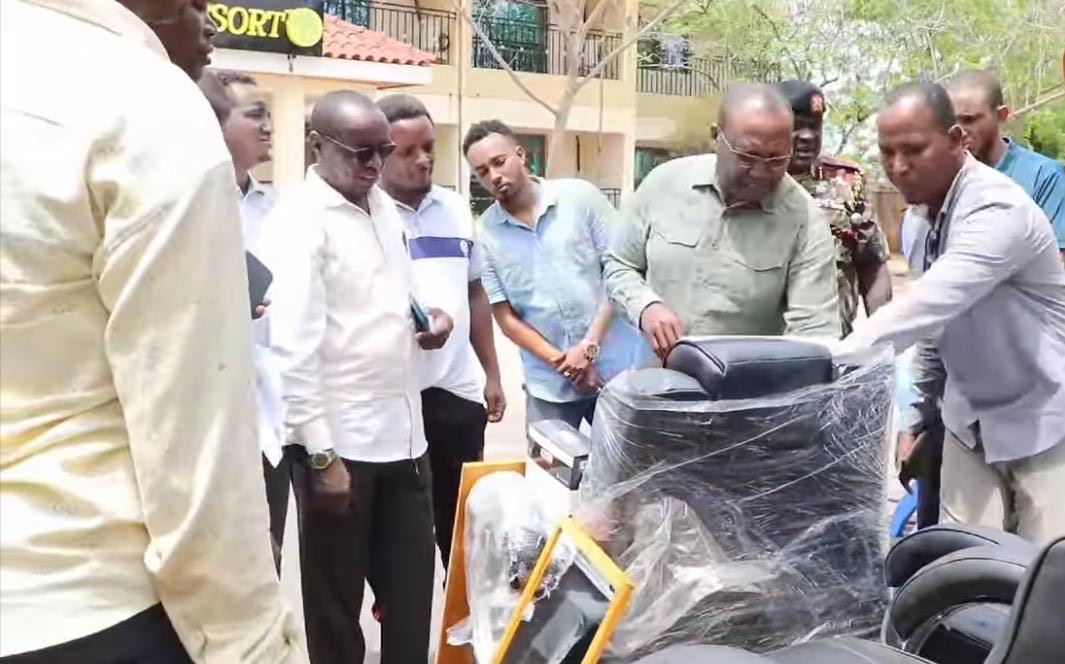 Wajir County Commissioner Karuko Gumo inspecting the start-up kits. (Issa Hussein)
Wajir County Commissioner Karuko Gumo inspecting the start-up kits. (Issa Hussein)
Zamzam Kassim, who also received a salon kit, expressed hope for a brighter future. She trained at a technical college and later worked in a salon in Wajir, where she earned too little to meet her needs.
"This is the kind of empowerment we, as youth, need. Unemployment is real, and many young people who dream of starting their businesses after gaining skills from vocational training colleges lack the money for start-up capital," she said.
She intends to rent a space to launch her own business and employ some of her friends who trained with her but are currently idle at home.
Abdullahi Abdi, a youth in Garissa who was among 40 youth groups that received start-up kits a day before the Wajir donation, called for more empowerment initiatives to help young people overcome insecurity challenges.
Abdullahi, who received a car wash kit, previously worked as an employee at a car wash in Garissa, earning Sh300 per day.
"After working the entire day in a tiring job, I would take home just Sh300, which was not enough to save for my own car wash business in the future. I kept praying for financial support for sustainability, and today, my prayers have been answered," he said.
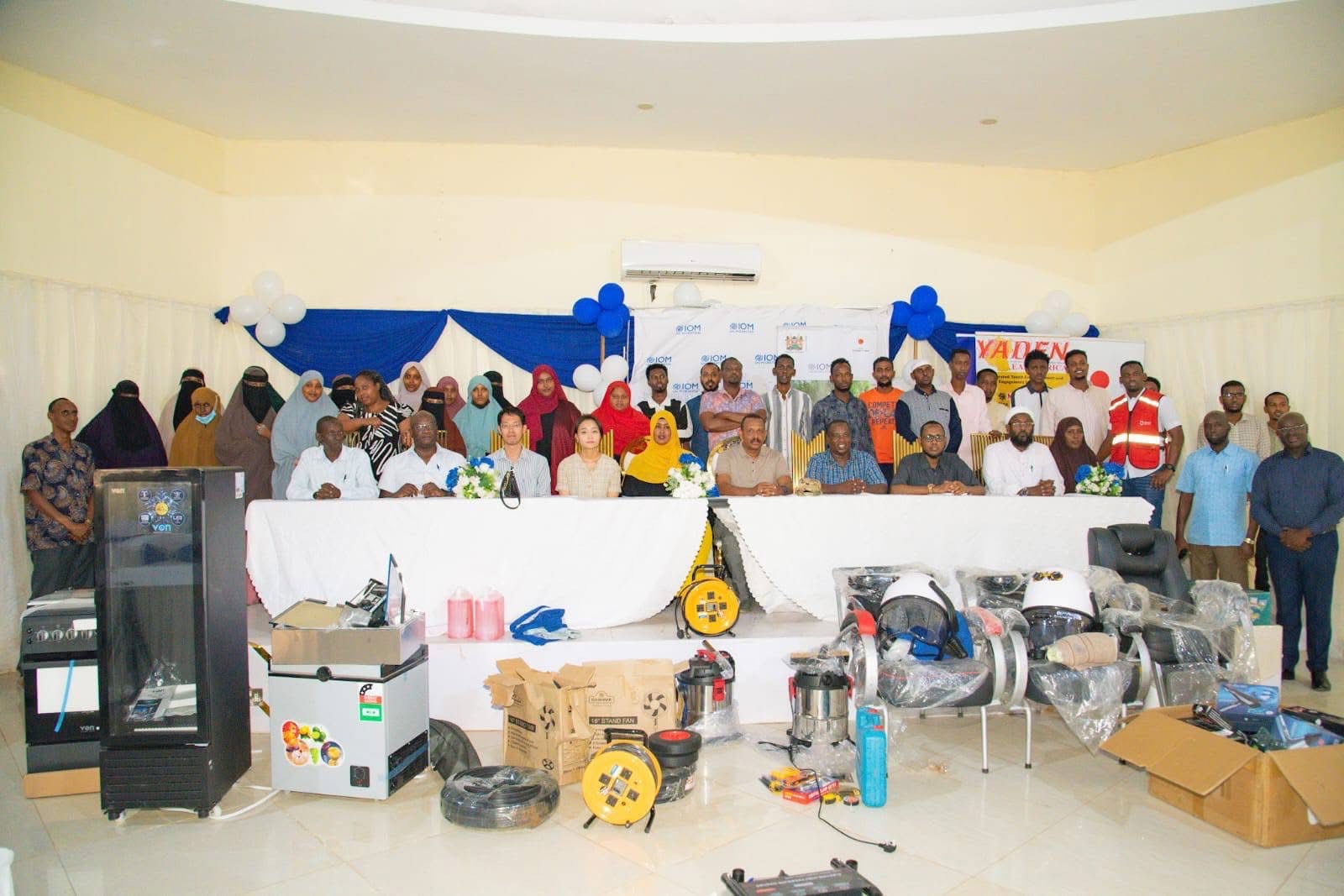 Garissa youth and officials from the National Counter Terrorism Center, IOM and county government pose for photographs after the donation ceremony. (Issa Hussein)
Garissa youth and officials from the National Counter Terrorism Center, IOM and county government pose for photographs after the donation ceremony. (Issa Hussein)
According to him, the programme is crucial as many young people are driven into crime due to poverty.
"Many youth are unemployed, and their parents cannot help them start businesses because climate change is wiping out livestock, which is our main source of livelihood," he said.
He explained how terror groups exploit jobless youth by offering them large sums of money to recruit them.
Col. Yahya Abdikadir Mohamed, the Deputy Director of NCTC, speaking in Garissa during the handover of the start-up kits, emphasised the need to address the ideological factors sustaining radical recruitment.
He underscored the importance of a collective approach, involving religious leaders and scholars, to guide young people in understanding the true teachings of their religion, countering misconceptions about jihad, and strengthening the intellectual resilience of communities.
He stated that the project aims to strengthen government capacity and enhance the resilience of vulnerable border communities to promote peace and security.
The project targets Garissa, Wajir, Mandera, and Lamu counties, which are affected by violent extremism and displacement.
According to Wajir County Commissioner Karuko Gumo, the project will have a positive impact on improving security in the region. He noted that terror groups exploit local youth due to their poverty.
He urged beneficiaries to support the government in its efforts to combat violent extremism.
"Without peace, you will not be able to run your new business. It is your responsibility to support the government in its mission to eradicate violent extremism," he said during the handover ceremony in Wajir town.
Items donated to youth in Wajir and Garissa included car wash kits, phone and computer repair toolkits, salon and barber toolkits, electrician kits, and eatery equipment packages.
Top Stories Today
- Ethiopia’s civil war: What’s behind the Amhara rebellion?
- UDA, ODM brace for fierce grassroots polls ahead of 2027
- Fuel stations in Wajir town shut in protest over armed robberies
- How people are turning to AI for life decisions
- Court allows case against Facebook over Tigray violence to proceed
- Ministry of Lands officials arrested over fake land titles scam
